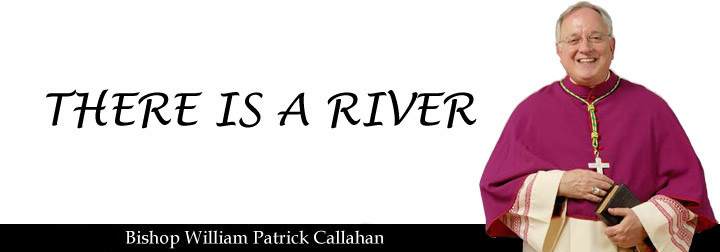On the twenty-second of November we noted the fiftieth anniversary of the death of a famous Christian writer: Clive Staples Lewis. C.S. Lewis, as he is widely known, is favored by many Catholics for his works, such as Mere Christianity and The Screwtape Letters. Raised in the Church of Ireland but declaring himself an atheist by age 15, Lewis slowly re-embraced Christianity through the works of authors George MacDonald, J.R.R. Tolkien and G.K. Chesterton. Lewis eventually joined the Church of England, much to the disappointment of Tolkien who had hoped he would become a Catholic. Nevertheless, many Catholics have been moved and influenced by his works. One of the most famous and often quoted literary works from our earliest days of childhood is The Chronicles of Narnia. A famous epic which unfolds throughout seven novels describing the foundation and the destruction of a mythical kingdom called Narnia.
For our Advent reflection, let’s examine the major characters of the series. The four Pevensie children, Peter, Susan, Edmund, and Lucy, represent humanity in the mythical land of Narnia. Aslan, the Great Lion, is the central character who appears throughout all seven books. Aslan is a talking lion who is wise, compassionate, and filled with magical and spiritual authority. He is the mysterious and benevolent guide to the human children and the savior and guardian of Narnia. C.S. Lewis described Aslan as a version of Jesus as He might have appeared in an alternative reality.
After their first adventure described in The Lion, the Witch and the Wardrobe, the four children are once again transported to Narnia in Prince Caspian. While it had been only a year in their earthly lives, many more years had passed since their previous adventures in the mythical kingdom. They discover that everything has changed, and not all for the better. After a series of difficulties, Lucy, the youngest of the children, is finally reunited with Aslan in a forest clearing. She is full of affection for the lion and rushes to embrace him with her head fully lost in his ample mane and gazes up into his large face.
“Welcome child,” he said.
“Aslan,” said Lucy, “you’re bigger.”
“That’s because you’re older, little one,” he answered.
“Not because you are?”
“I’m not. But each year you grow, you’ll find me bigger.”
Advent encourages us to be like Lucy. We are called to approach Jesus and realize that as we grow spiritually we will find Jesus to be bigger. There will always be more Jesus than we can ever comprehend—more Jesus to know—more Jesus with whom we can form an even deeper relationship.
Advent is the season when we look deeply into the mystery of the Incarnation—the “how’s” and “why’s” of the coming of the Redeemer. We will always have questions about His coming; but we should never have doubts about His presence and His willingness to have us come to Him. Like the unending generosity of God, we can’t outgrow His presence. As we grow in the spiritual life He will always seem bigger, more interesting, more welcoming and friendlier.
This Advent, as we prepare for the celebration of Christmas, take some time to discover how deep is the mystery and presence of God in your life.
Candle one is lit this week. Blessed Advent and I’ll see you at Mass.
